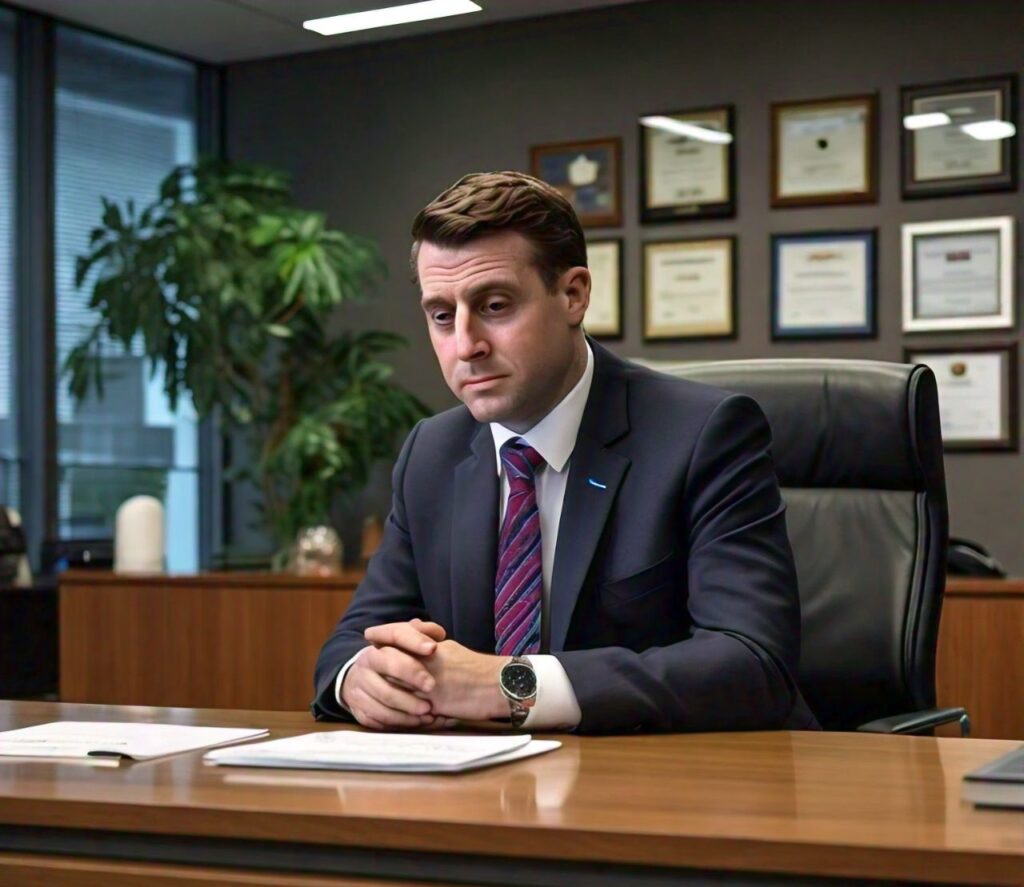Mastering Job Interviews: Your Guide to Success in Cracking Interviews
| June 23, 2024
An interview is not merely a question-answer session; it is a critical gateway that stands between a candidate and their dream job. Whether you are a fresh graduate stepping into the corporate world or a seasoned professional looking to advance your career, the ability to crack interviews effectively can significantly impact your success.
Understanding the Interview Process
The interview process serves as a pivotal tool for employers to evaluate a candidate’s suitability for a role. It goes beyond assessing technical skills; it delves into personality, cultural fit, problem-solving abilities, and potential contributions to the organization. For candidates, preparation and strategy are key elements that can make a substantial difference in their performance and ultimately, their chances of securing the job.
Essential Steps to Crack Interviews Successfully
1. Research Thoroughly
Before stepping into the interview room, candidates must invest time in researching the prospective employer. Understanding the company’s history, mission, values, recent achievements, and even its competitors demonstrates genuine interest and preparedness. This knowledge equips candidates to tailor their responses to align with the organization’s goals and culture, making a compelling case for why they are the right fit.

2. Demonstrate Genuine Interest
Expressing enthusiasm for the job role and the company can leave a lasting impression on interviewers. Showcase your passion by discussing specific aspects of the role that align with your career goals and how your skills can contribute to the company’s objectives. This proactive approach not only highlights your motivation but also reflects your commitment to making a meaningful impact.

3. Make a Strong First Impression
First impressions are formed within the initial moments of meeting someone, and interviews are no exception. Dress appropriately for the occasion, maintain good posture, offer a firm handshake, and greet everyone you encounter with courtesy and respect. A confident demeanor and positive body language can set the tone for a productive interview.
4. Articulate Your Experiences Effectively
Interviewers are keen to learn about your professional journey and accomplishments. Be prepared to discuss your experiences in detail, emphasizing specific achievements, challenges overcome, and skills acquired. Use the STAR method (Situation, Task, Action, Result) to structure your responses, providing concrete examples that demonstrate your abilities and problem-solving prowess.
5. Engage Thoughtfully in Conversation
Active listening is crucial during interviews. Listen attentively to questions posed by the interviewer, and respond thoughtfully and comprehensively. Avoid monosyllabic answers; instead, elaborate on your thoughts and provide context where necessary. This demonstrates your communication skills and ability to engage in meaningful dialogue.

6. Exhibit Professionalism and Etiquette
Professionalism extends beyond your qualifications and experience—it encompasses your conduct throughout the interview process. Maintain a respectful and courteous demeanor towards everyone you interact with, from receptionists to interview panel members. Show gratitude for the opportunity to interview and follow up with a thank-you note expressing your appreciation for their time and consideration.
7. Avoid Yes/No Responses
While concise responses are valued, avoid limiting yourself to simple yes or no answers. Use each question as an opportunity to showcase your knowledge and qualifications. Provide examples and insights that illustrate your expertise and suitability for the role, leaving a memorable impression on the interviewer.
8. Prioritize Proper Greetings
Greetings set the tone for professional interactions. Address interviewers with appropriate titles and maintain a friendly yet respectful tone throughout the interview. Pay attention to cultural norms and expectations regarding greetings, ensuring that your approach aligns with the organizational culture.
Conclusion
Successfully cracking interviews requires a combination of preparation, confidence, and effective communication skills. By conducting thorough research, demonstrating genuine interest, making a strong first impression, articulating your experiences effectively, engaging thoughtfully in conversation, exhibiting professionalism and etiquette, avoiding yes/no responses, and prioritizing proper greetings, candidates can significantly enhance their chances of securing their desired job roles.
Ultimately, mastering the art of impressing employers through interviews is not merely about answering questions—it is about showcasing your unique strengths and potential contributions to the organization. With careful preparation and a strategic approach, every interview presents an opportunity to shine and take significant steps towards achieving your career aspirations.


